PM Modi uses Covid situation as a cover to attack states on fuel prices
Wed 27 Apr 2022, 23:09:58
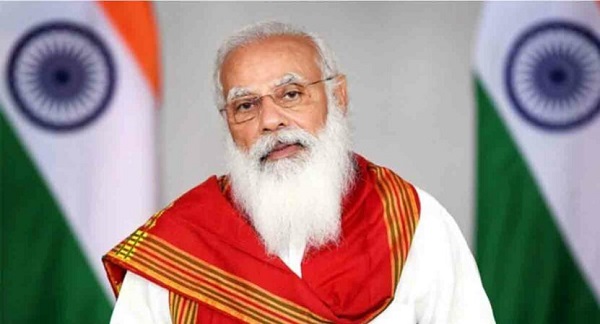
What was supposed to be a platform for discussing the prevalence of Covid in the country turned out to be a platform to point accusing fingers at the States, for the Prime Minister Narendra Modi on Wednesday. He used the interaction with the Chief Ministers to literally arm twist the non-BJP ruled States on the issue of fuel prices.
In utter disregard to the growing demand that the Centre ought to reduce the taxes and the Cess being collected by it, the Prime Minister chose to blame the State Governments accusing them of not reducing the VAT thereby imposing the burden on common man. He said Maharashtra, West Bengal, Telangana, Andhra Pradesh, Kerala, Jharkhand and Tamil Nadu have not reduced the VAT and alleged that these States earned more revenues on petrol and diesel compared to the other States who have reduced the prices. Interestingly, he did not think it fit to point out that a state like Telangana had never increased the VAT on fuel prices so far.
Math behind the fuel prices
The Central levies on petrol now is Rs 27.98 per litre. It was Rs 32.9 before the excise duty was cut by Rs 5 a litre on November 4 last year. On diesel, now the Central levies Rs 21.8 per litre. It was Rs 31.8 before it was brought down by Rs 10 per litre. The Centre, keeping in view elections in five States then, had reduced the excise duties by Rs 5 on petrol and Rs 10 on diesel in November last.
The Centre chose to reduce excise duties, in which States have a share. In effect, the States now get a lower share as the price is reduced. The Centre did not touch cess it collects on fuels. States do not have a share in the cess collected. It implies that Centre protected its revenues by not reducing the cess but wants States to cut their revenues by announcing a reduction in VAT, which it can claim credit to.
State Finance Minister T Harish Rao had argued that the decrease in the excise duty was not corresponding to the increases. The BJP members had earlier argued that the oil prices rise when the international crude prices rises. But Harish Rao pointed out that the fuel prices should also come down when crude oil prices fall. However, contrary to this, the fuel prices are increased even as the crude oil prices fell in the past few years.
Before the BJP led Government came to power, the central taxes on petrol were Rs 9.48 per litre and Rs 3.56 per litre for diesel as
of September 2012. They were Rs 11.02 and Rs 5.11 on petrol and diesel respectively as of November 13, 2014. Notwithstanding the drastic fall in the crude oil prices in the past few years, the Modi led government increased the levies. After periodical increases, the central taxes and cess touched Rs 32.9 per litre on petrol and Rs 31.8 per litre on diesel in February 2021. In November, they were reduced by Rs 5 and Rs 10 per litre on petrol and diesel to Rs 27.9 and Rs 21.8 respectively.
of September 2012. They were Rs 11.02 and Rs 5.11 on petrol and diesel respectively as of November 13, 2014. Notwithstanding the drastic fall in the crude oil prices in the past few years, the Modi led government increased the levies. After periodical increases, the central taxes and cess touched Rs 32.9 per litre on petrol and Rs 31.8 per litre on diesel in February 2021. In November, they were reduced by Rs 5 and Rs 10 per litre on petrol and diesel to Rs 27.9 and Rs 21.8 respectively.
However, the Rs 27.98 taxation collected by the Centre on petrol includes Rs 20.5 cess. It implies that the States will not have any share in this Rs 20.5 collected per litre of petrol. The Centre shares the remaining Rs 7.98 collected with all States.
The Central levies on diesel are Rs 22.83 and of this Rs 22 is cess. It implies that States will get a share only on 83 paise but not on Rs 22 cess collected on diesel.
VAT in Telangana remained constant at 35.2 per cent on petrol and 27 per cent on diesel since January 2015. Even though Telangana has not increased the VAT on fuel in the last eight years, Prime Minister Modi and his MPs have been pressuring Telangana to reduce VAT, making their political agenda clear. Since March 22 this year, the Centre has increased the petrol and diesel price 14 times. The last price hike was on April 6.
The contribution of the petroleum sector (customs and excise) to Centre’s revenue increased from Rs 1,72,065 crore in 2014-15 to Rs 4,55,069 crore in 2020-21, an increase of 165 per cent. In 2020-21 itself, petroleum revenue increased by over Rs 1,20,754 crore following the steep increase in the duties by the Centre. The prices of petroleum products increased mainly on account of the duty hikes effected when the crude prices were low.
In March 2022, under recoveries or losses suffered by oil marketing companies were in the range of Rs 10 to 12 per litre. With 14 increases in petrol and diesel prices, currently no losses are being made by the oil companies. The Centre, in fact, should cut down duties as it is reaping the benefits of higher tax revenue from petroleum products.
Oil marketing companies hiked the price of diesel by Rs 25 per litre for bulk consumers such as State Road Transport Corporations, malls, factories. This has increased their operational costs and with no alternative they are getting diesel supplies from retail outlets.
No Comments For This Post, Be first to write a Comment.
Most viewed from Politics
AIMIM News
Latest Urdu News
Most Viewed
May 26, 2020
Is it right to exclude Bangladesh from the T20 World Cup?
Latest Videos View All
Like Us
Home
About Us
Advertise With Us
All Polls
Epaper Archives
Privacy Policy
Contact Us
Download Etemaad App
© 2026 Etemaad Daily News, All Rights Reserved.

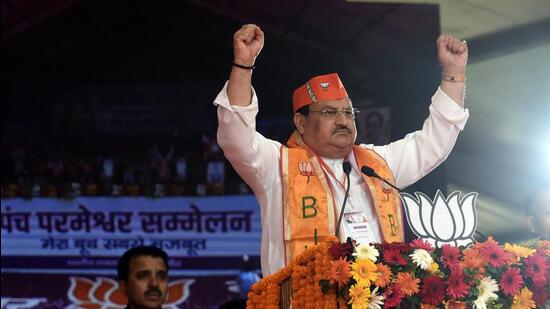
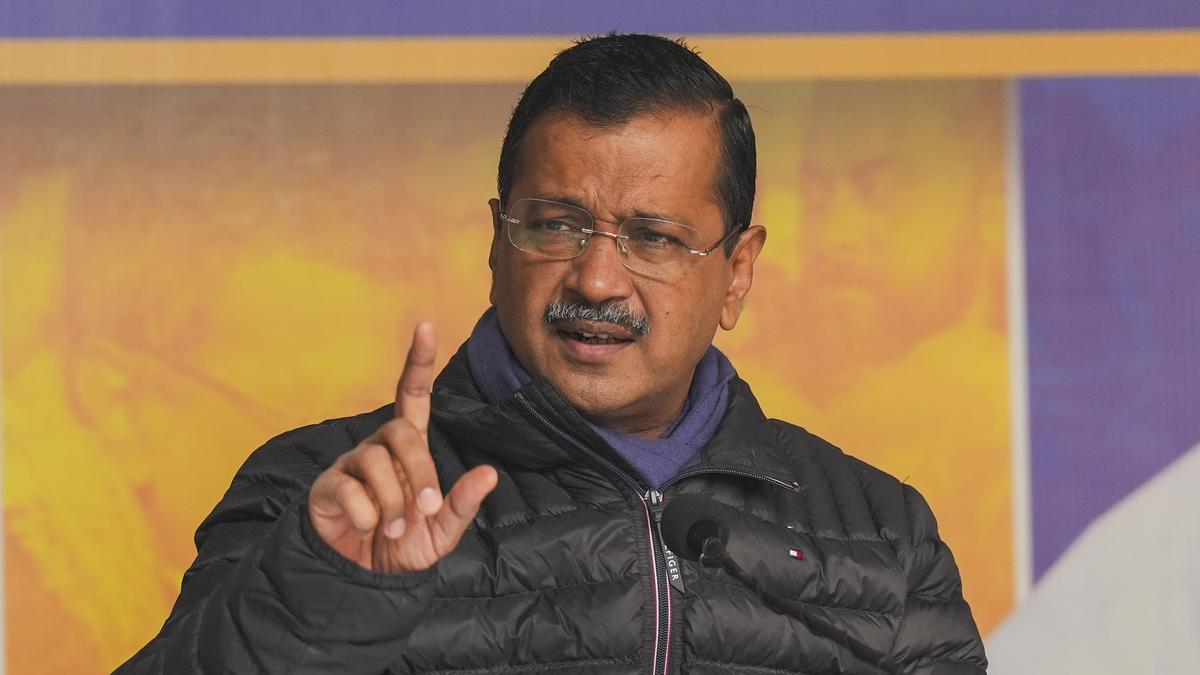
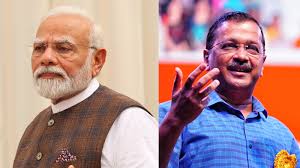
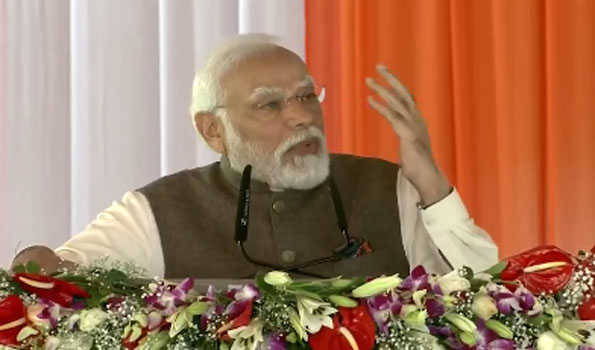
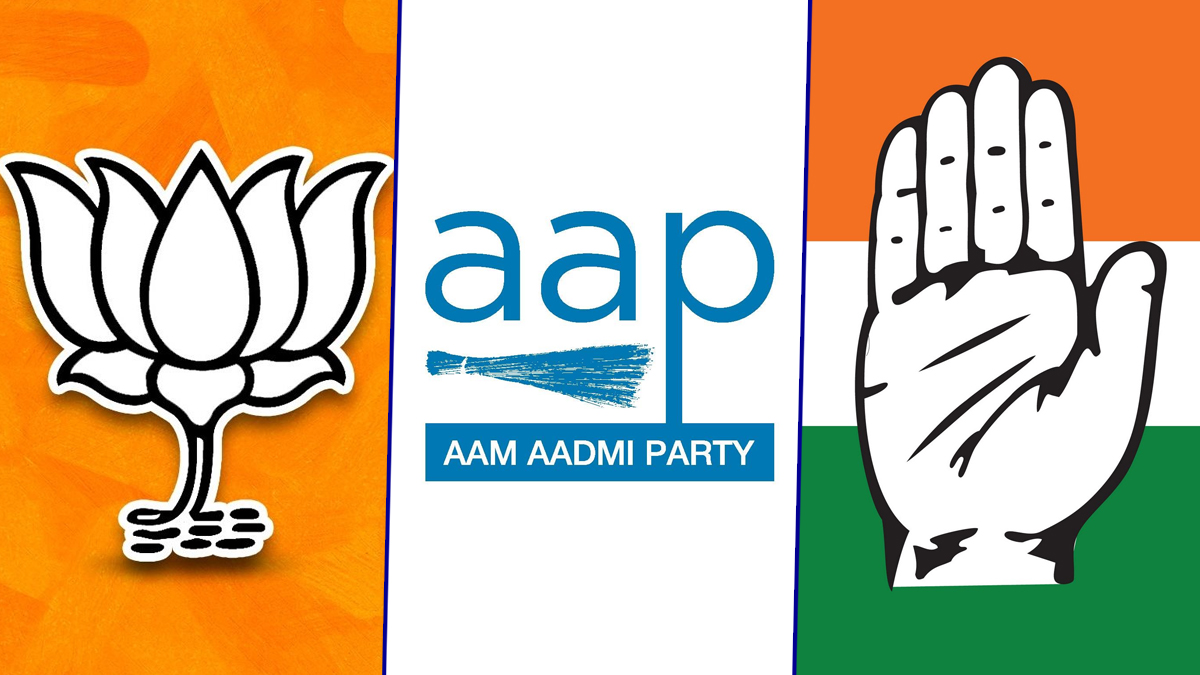
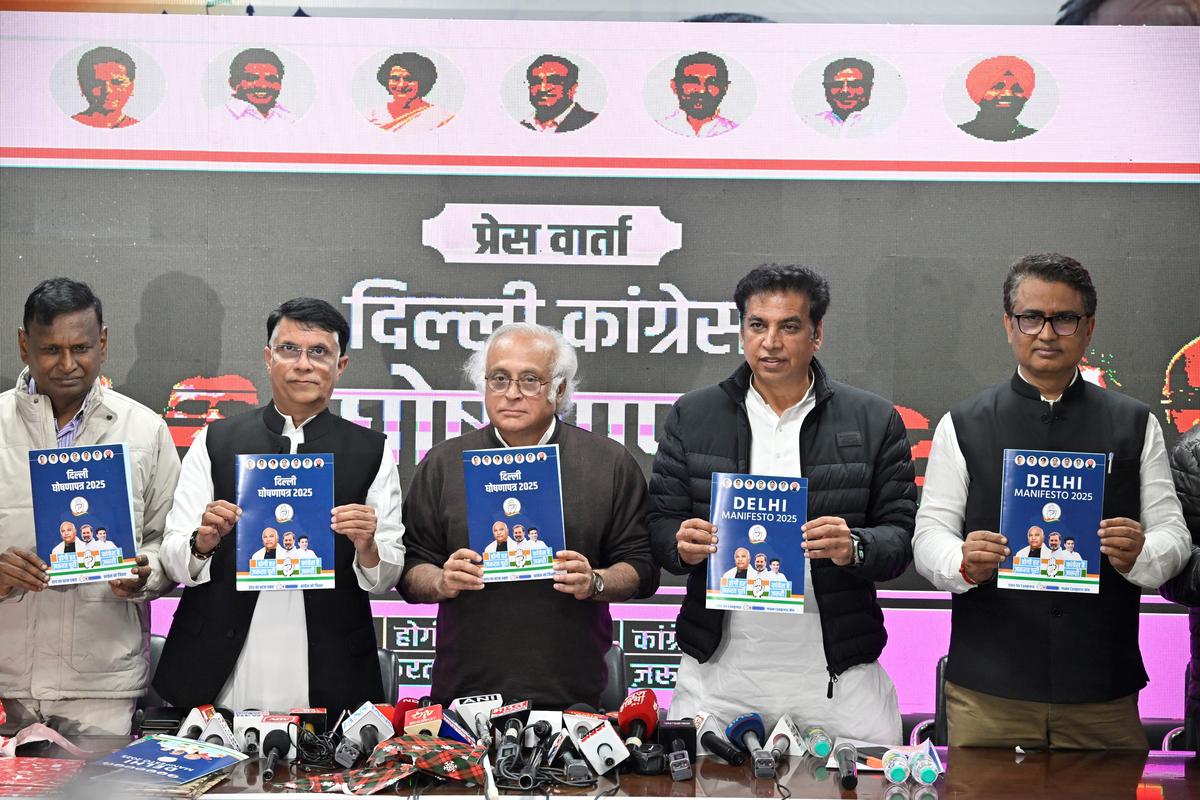
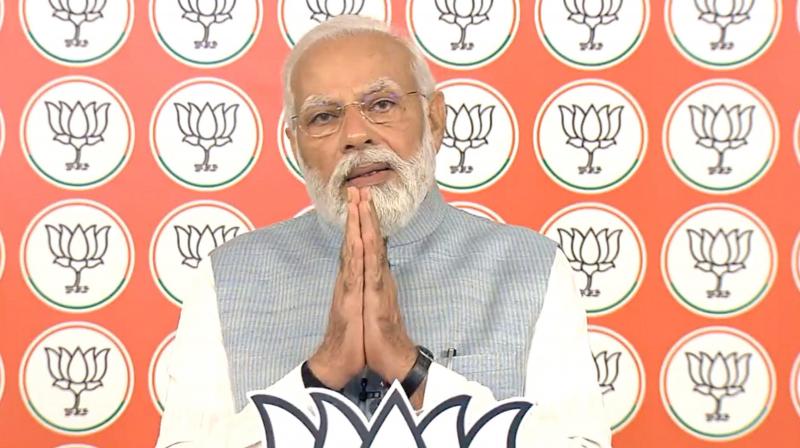
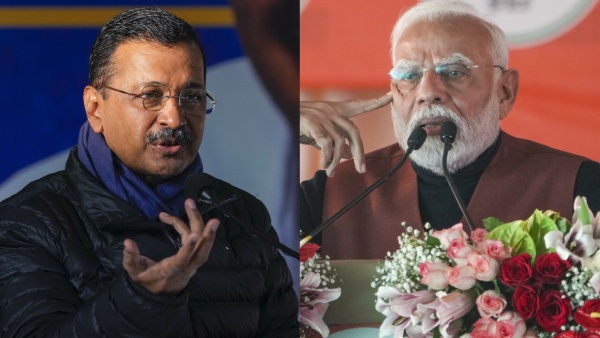
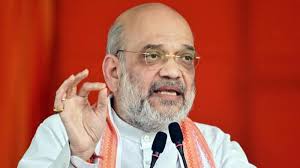
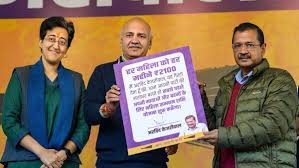
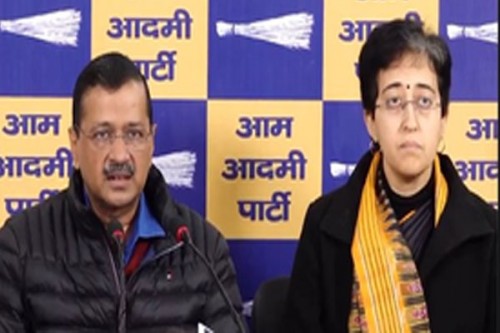
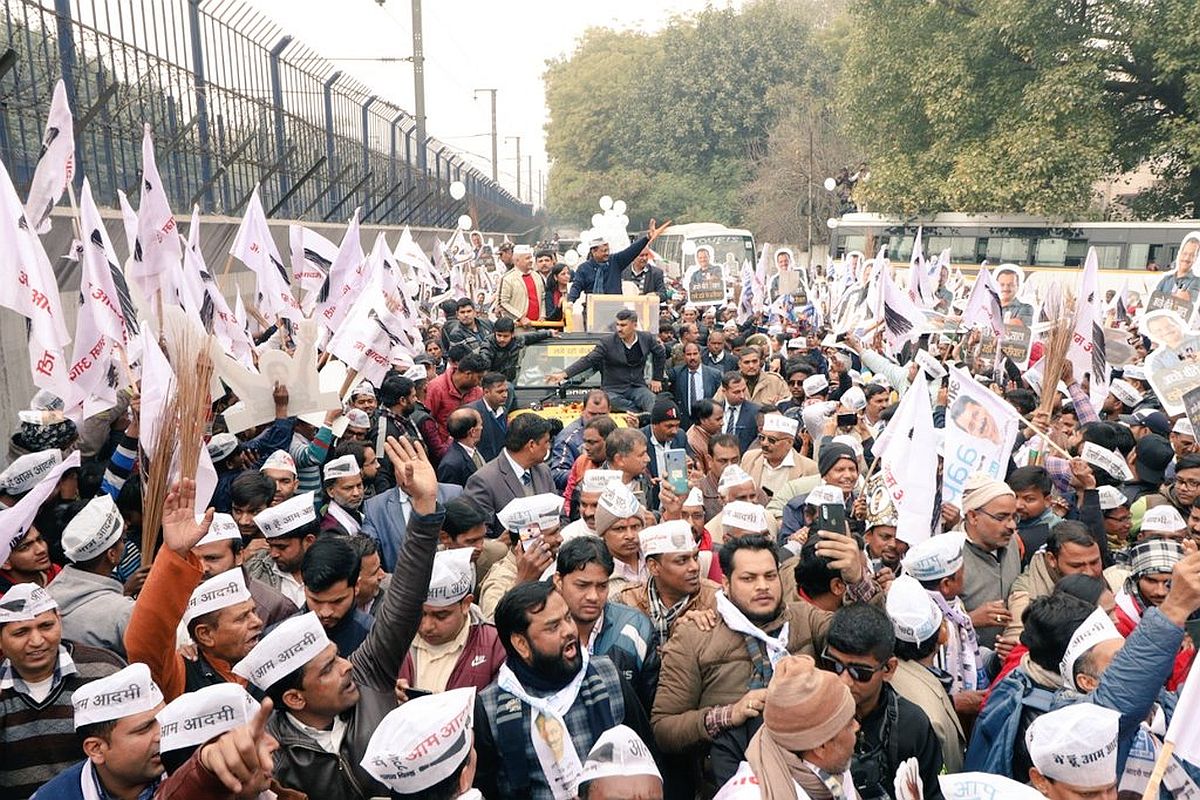

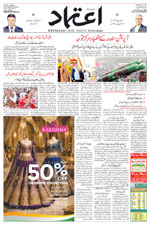










.jpg)
.jpg)
.jpg)


